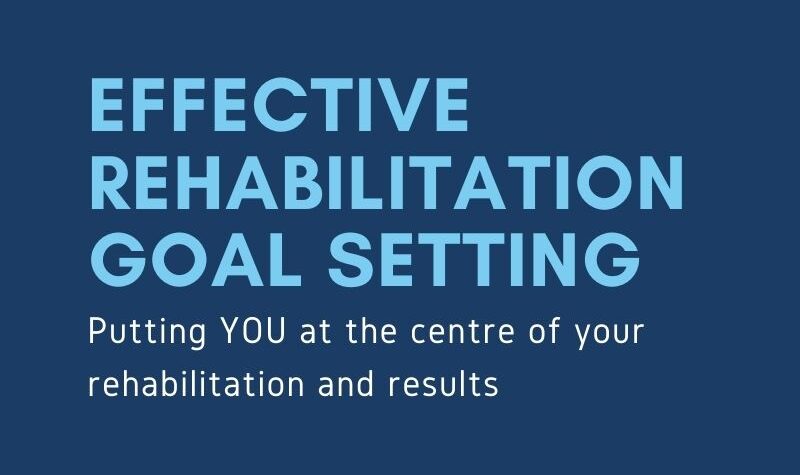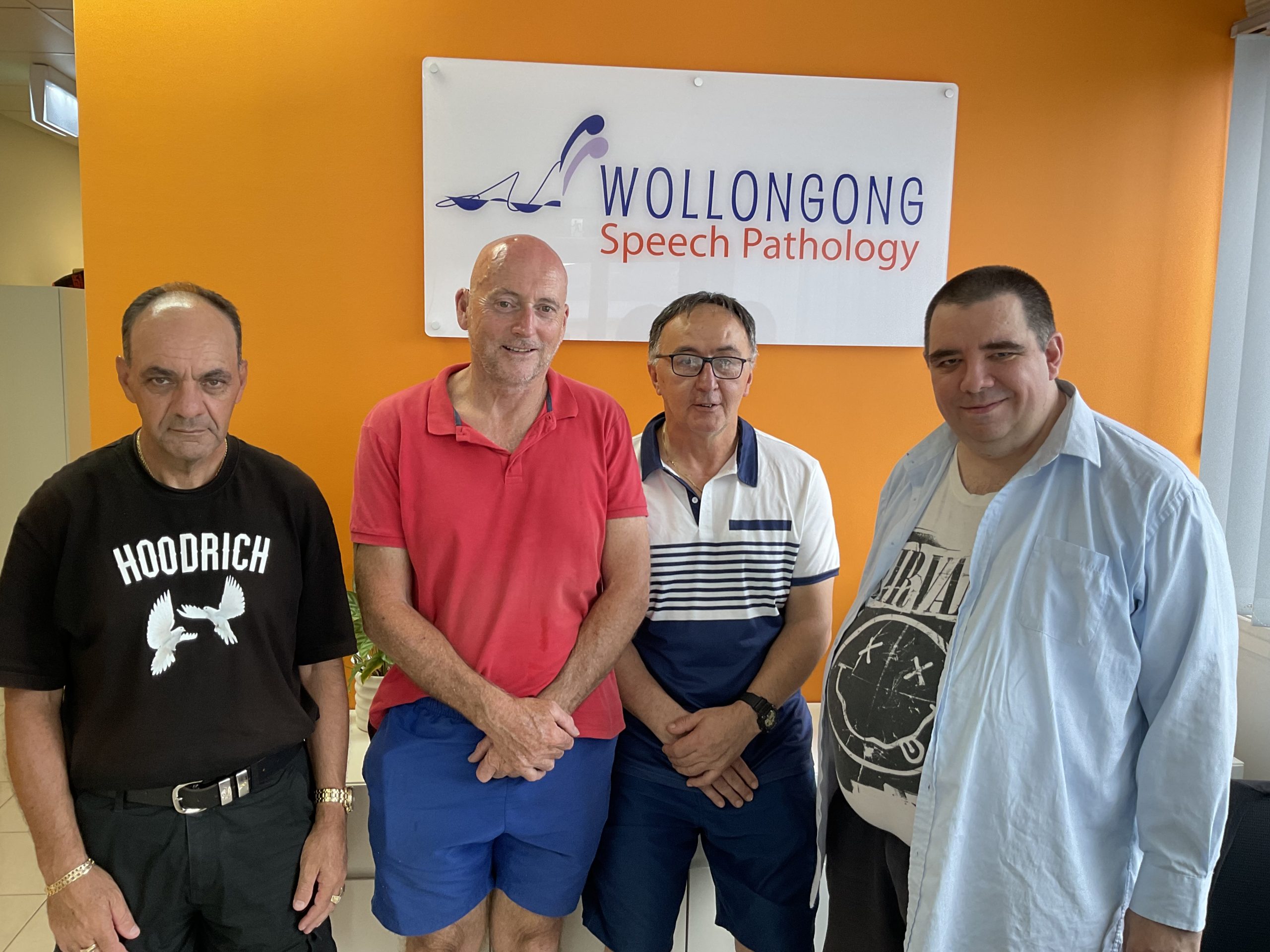This is an article for any person delivering or receiving rehabilitation. If you (or someone you know) has an acquired illness or injury, speech pathology rehabilitation might be needed. It is common for clients to arrive at Wollongong Speech Pathology with some rehabilitation already under their belt. This might have been inpatient rehab, or community rehab with another provider. Hopefully, you would have heard about GOALS by now. This article will explain how we write rehabilitation goals that are useful in a community setting.
Deciding what the rehabilitation goals will be
For rehabilitation to be effective and meaningful, it needs to be tailored to YOU. At Wollongong Speech Pathology, there is a process we follow to set rehabilitation goals with our clients:
Setting “SMART” rehabilitation goals
Your speech pathologist will help you to set SMART goals. Decades of research show that SMART goals are more likely to be achieved. They are:
So you’ve got some great rehabilitation goals, what now?
Congratulations on working with your speech pathologist to create motivating and SMART goals. As a result, you are ready for the fun part = achieving them!
Coming to sessions with your speech pathologist is only part of the process. We will ask you to do some practice outside of sessions. Home practice helps you to achieve your goals as quickly as possible and see that positive change in your life.
We recognise that speech pathology is only part of a person’s rehabilitation journey. This can make it hard to find the time or energy for home practice. Your speech pathologist will be 80% clever therapist (choosing an evidence-informed treatment for you) and 20% cheer squad! Our job is to keep your treatment at just the right level of challenge. This means you can keep improving, without losing motivation. We will keep reminding you of your goals, and how the chosen treatment will help you to achieve them.
We will use your goals to keep you ACCOUNTABLE.
A note on accountability
In this section I want to clarify something about accountability. Most importantly, being accountable to your speech pathologist should be a good thing! Firstly, we can help you to track your progress. You will stay motivated if you can see that things are improving. If things are not improving, we can make changes. Secondly, we ask you to be honest. Rehabilitation success relies on teamwork. Please tell us if you don’t like our treatment approach. Let us know if things in your life change. Finally, don’t give up if things are not going according to plan. Like I said, we will keep you accountable but we will also be your #1 cheer squad.
At the end of the day, setting rehabilitation goals is only the first step. Staying accountable to them is when the real work happens.
Effective rehabilitation goal setting
Download this step-by-step guide to get you started

Where can I find out more?
Follow these links for downloads and websites with more information about the rehabilitation goal setting:
For clients: https://clinicalexcellence.qld.gov.au/resources/goal-setting-rehabilitation
For therapists: https://aci.health.nsw.gov.au/__data/assets/pdf_file/0014/272210/Rehab_Goal_Training_Workbook.pdf




